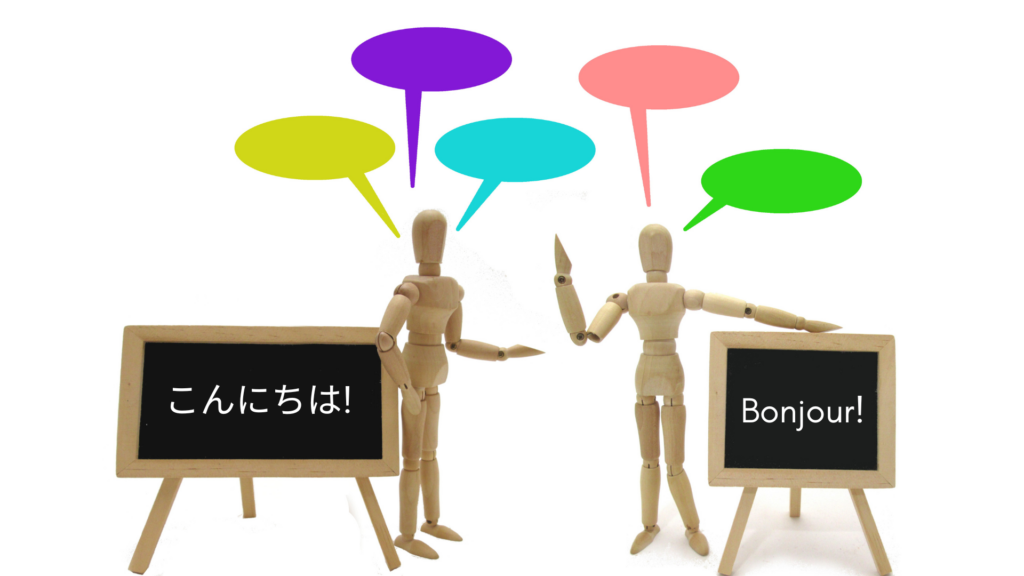Intercultural communication is like a bridge that helps people from different backgrounds talk to and understand each other. It’s not just about language, but also about how we express ourselves.
Take me, for example—I’m from the Philippines, working at Civility Partners, a US company, and reporting to Catherine, my American boss. Even though we both speak English, our communication styles might be different. Catherine’s big on chit-chat, using small talk as a warm-up act before diving into business. She’s all about bonding, talking informally, creating jokes, and getting personal with questions about weekends and life.
Now, coming from Filipino culture, I’ve got this thing ingrained where we’re a bit more reserved, carefully balancing personal and professional subjects, and extremely polite, especially when talking to our boss. (But I got comfortable eventually!)
Intercultural communication isn’t just about different countries. It can be when a scientist talks to a sports player, or when someone with a big family works with someone who grew up alone. Even people from different parts of the same country, like California and New York, can have different ways of speaking.
It’s also about understanding and respecting each other’s identities. For example, if someone is transgender, they might talk differently from someone who isn’t. This kind of communication starts with knowing ourselves. Things like being the oldest sibling or doing well in school can shape how we talk.
To do it well, we need to keep an open mind and not assume everyone is the same as us. It’s normal for us to think that way, but as we grow and learn, we can choose to understand others better.
Importance of Intercultural Communication
Intercultural communication is what helps teams bond, brainstorm cool new ideas, and just generally be awesome together. To make it work, we need to learn about our own ways of communicating and be willing to listen to and learn from others. This way, organizations can create a friendly and effective atmosphere where everyone gets along and works well together.
Let’s delve into why this form of communication is a cornerstone for organizational growth.
Conflict Resolution
Differing viewpoints and approaches are inevitable in any organization. When effective intercultural communication is in place, it provides a helpful way to sort out conflicts that might come up because of misunderstandings or cultural differences. By encouraging open conversations and making an effort to understand each other’s perspectives, teams can handle conflicts better and reach agreements faster.
To learn more about this, register for our webinar on Dealing with Toxic People at Work which we rescheduled for September 6th at 9am PST. It’s worth 1 SHRM PDC, so make sure to secure your spot!
Embracing Diversity and Cross-Cultural Learning
Having a diverse workplace means that there are lots of different people with their own special ways of thinking and doing things. When these people talk to each other and understand each other’s cultures, it makes the workplace really colorful and interesting. This mix of differences helps organizations come up with new and creative ideas.
With that said, check out Catherine’s course, Managing Diversity! This course uses real case studies and examples that will help you create a strategic plan to support diversity and inclusion in your workplace and manage a diverse workforce.
Enhanced Collaboration
Collaboration often involves working with colleagues who possess diverse skill sets and cultural backgrounds. Intercultural communication encourages clear and direct exchange of ideas, ensuring that team members are aligned in their goals and objectives. This collaboration not only improves productivity but also creates a harmonious work environment.
Effective Leadership
Leaders who excel in intercultural communication inspire trust and respect among their teams. They demonstrate an ability to understand and appreciate different perspectives, which, in turn, boosts employee morale and engagement. Strong intercultural leadership fosters a sense of belonging and encourages individuals to contribute their best efforts.
As we strive for excellence in our workplaces, let us recognize that the tapestry of cultures within our organizations is a powerful asset that, when woven together through effective communication, propels us toward greater achievements.
Let us know what you think about it and if you’d like to bring Intercultural Communication training to your workforce!
PS: We’re heading to Boston for INBOUND 2023! Hubspot’s highly-anticipated marketing and sales conference, regarded as the top event of its kind in the country! Catherine will be speaking about “Addressing Burnout as a Root Cause: Company Culture.”
Written by: Jennifer Areola



